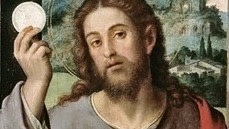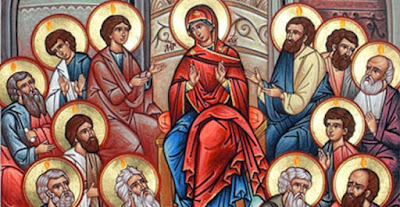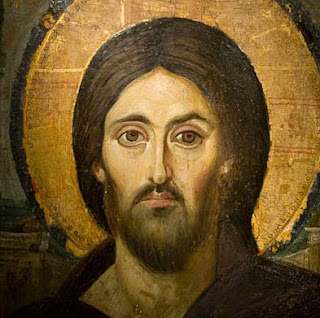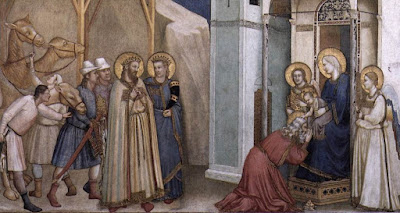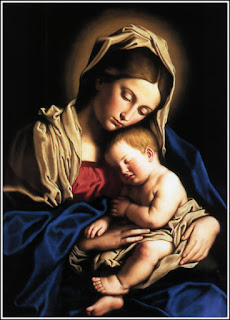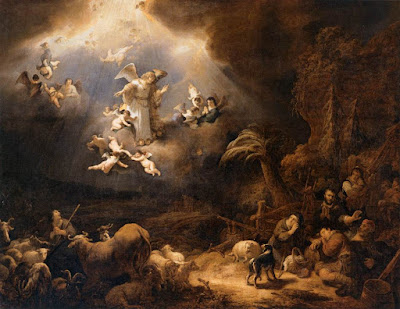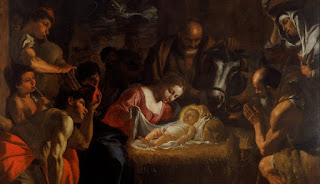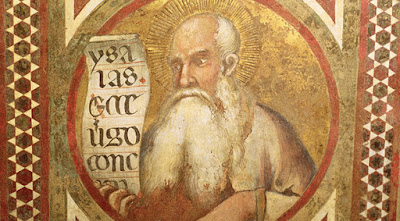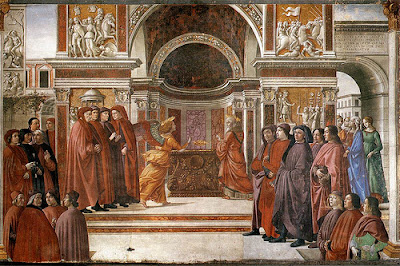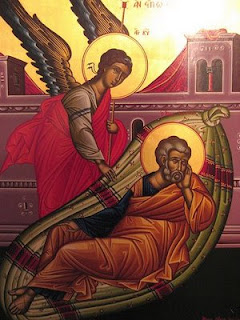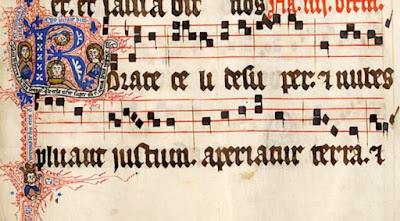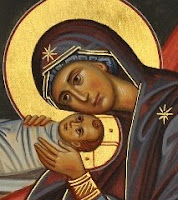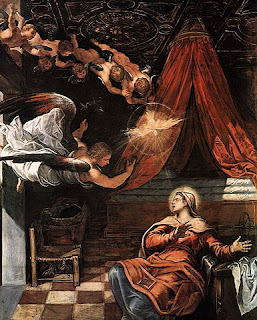Homily for the 17th Sunday in Ordinary Time, July 30, 2017, Year A
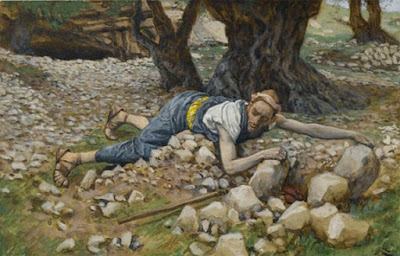
Fr. Charles Irvin Diocese of Lansing ( Click here for Sunday’s readings ) The Kingdom of God, always somewhat mysterious for us, was always on the mind of Jesus. There are almost one-hundred and fifty references to God’s Kingdom in the New Testament, fifty-two of them in St. Matthew’s gospel alone. The more Jesus spoke about the Kingdom the more it seemed to His listeners to be another-worldly place. Perhaps that’s because in a world gone insane, sane things seem to be unreal. In today gospel account Jesus referred to the Kingdom as a hidden treasure, a box filled with golden coins buried somewhere in a field. Likewise, He spoke of the Kingdom as a precious pearl, a jewel found by a businessman who astutely sold everything he owned in order to buy it. He spoke, too, of the Kingdom as a fishing net filled with fish both good and bad. Later He referred to the Kingdom as leaven in dough, as light, salt and seed. Likewise, He called it a ripe harvest, a royal feast and as a we
